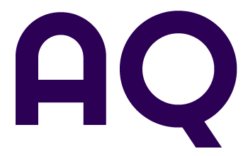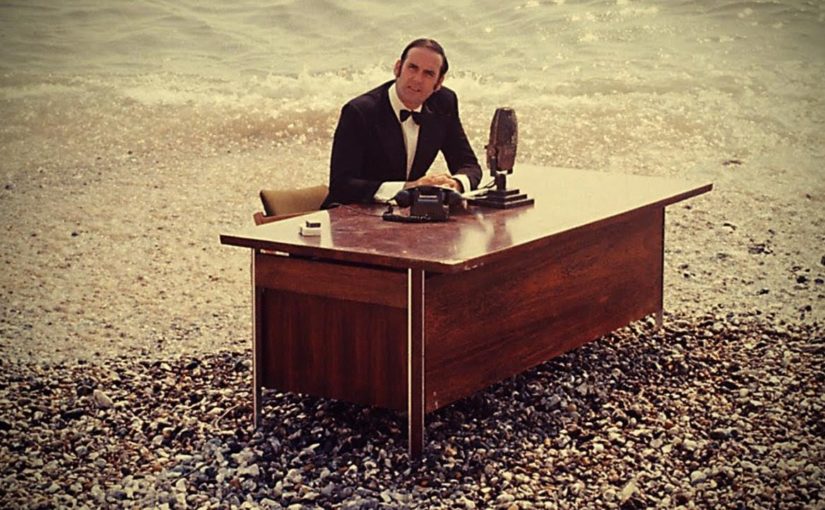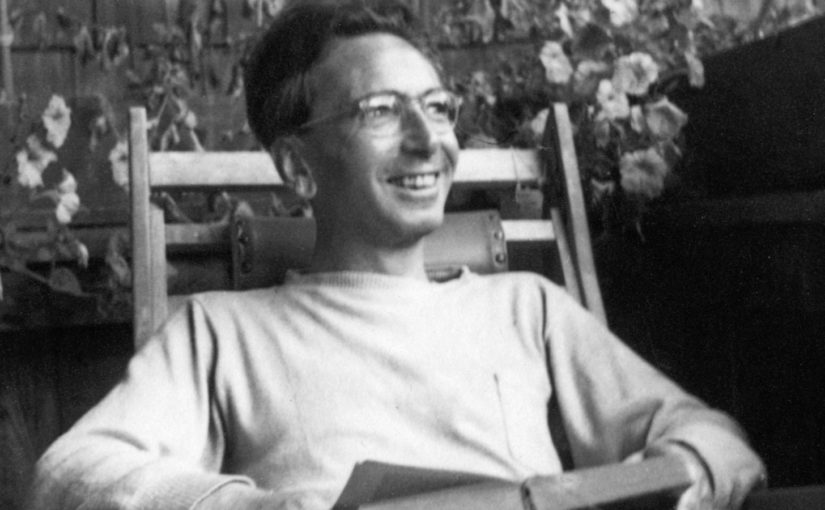The most important lesson I’ve learned about working with people is this: People are crazy, yourself included. Don’t assume they are going to do something the way you would do it or the way you think it should be done. But you can assume they will get it done because most people are great workers.
Assume there is always a way. If you assume nothing is impossible, you can find a solution. This starts with empathic listening and ends with true collaboration. Assume whomever you are talking to has something to teach you and can help you accomplish things together.
When you are in a conversation, listen to the person who is talking. That sounds like such an easy thing to do, but in practice, it is very difficult. We’re not taught this skill in school. We’re taught both reading and writing, the two sides of a written conversation. But we’re only taught to speak well, not listen well. So, most verbal conversation is lopsided.
Most of the time, we’re just waiting our turn to open our mouths. And when we actually listen to another person, we’re not thinking openly about what they are saying from their perspective; we’re framing it within our own. Here’s an example.
John: “Sorry I’ve been hard to reach. My dad has had some health issues, so I’ve been traveling back to my hometown to help out on weekends.”
Here are some possible responses to that.
Bob: “Oh, okay. Well, it’s just that this project is really time sensitive, and I’m under a lot of pressure to get it out the door by the end of the month.”
Bob’s basically ignoring the entirety of John’s communication and immediately focusing the conversation back to his own issue.
Here’s another:
Bob: “Oh, I’m sorry to hear that. Hope he is okay. Do you need to take some time off?”
At least here, Bob acknowledges there is an issue that John is working through. But by asking if he needs time off, he is inferring that maybe John can’t do the work that Bob needs him to do, and he should find a replacement.
Here’s another:
Bob: “Wow. Do you want to talk about what the health issue is? I know how hard that can be.”
That’s better. Bob is just listening and opening the door to let John share more if he wants to. If not, at least he has given John some empathy. Bob knows that “health issues” could mean a broken toe, or it could mean terminal cancer. Either way, if it has caused John to miscommunicate at work, it’s probably a hardship. It’s not like he is going to Vegas every weekend and shirking his responsibilities.
My point here is that by listening first, you’ll have a better chance at understanding the true situation. Understanding is the absolute best tool you have when solving problems with other people. Sometimes the truth is buried deep, and it is up to you to dig it out. Your best shovel is a pair of open ears and a quiet mind. Shut up and listen.
Creative collaboration requires openness and then focused, uninterrupted concentration.
Most of us spend too much time consuming media and ingesting information. And certainly, lots of perspectives are useful when you’re trying to understand a problem. But once you have an idea for how to solve it, you need to turn off all inputs into your brain. You need to turn off the internet and lock yourself into a mental cave until the work is done. Or at least until it’s ready to show someone.
We all know now that too much information causes addiction. TED Talks, inspirational quotes, articles on Medium, Facebook “essays”—they’re like drugs. They give you a temporary high. It feels the same to your brain as if you discovered a secret trove of delicious berries in the wilderness.
When it’s time to get down to work, you can use John Cleese’s recipe for creativity. Give your mind time to wander.
“This is the extraordinary thing about creativity: If you just keep your mind resting against the subject in a friendly but persistent way, sooner or later you will get a reward from your unconscious. You can’t become playful, and therefore creative, if you’re under your usual pressures. It’s not enough to create space; you have to create your space for a specific period of time. Give your mind as long as possible to come up with something original. And learn to tolerate the discomfort of pondering time and indecision.”
John Cleese
The other side of creative collaboration is self-confidence.
“Nothing will stop you being creative so effectively as the fear of making a mistake.”
John Cleese
This is as true in writing a good email to your boss as it is in making a feature film. It is especially important in meetings. Don’t ever feel ashamed to ask a question that might be perceived as stupid. And don’t ever feel your perspective on an issue isn’t needed or valuable. I know I’ve repeated a few times now that all perspectives are valid and valuable. That’s like, my perspective, man, and it’s valid and valuable.
Finally, to collaborate successfully, you need to have a sense of humor. Humor is a social lubricant, just like alcohol. It speeds up people’s willingness to open their minds.
“The main evolutionary significance of humor is that it gets us from the closed mode to the open mode quicker than anything else.”
John Cleese



